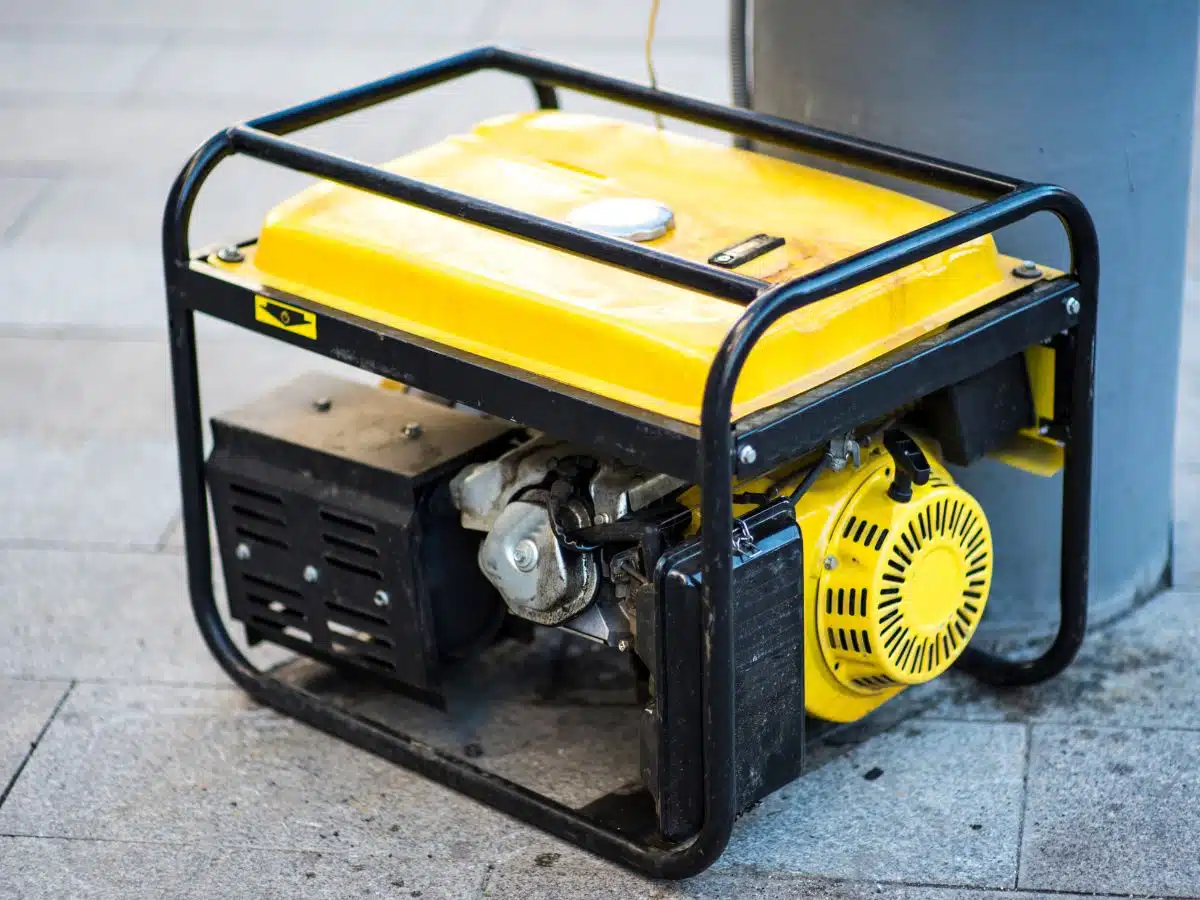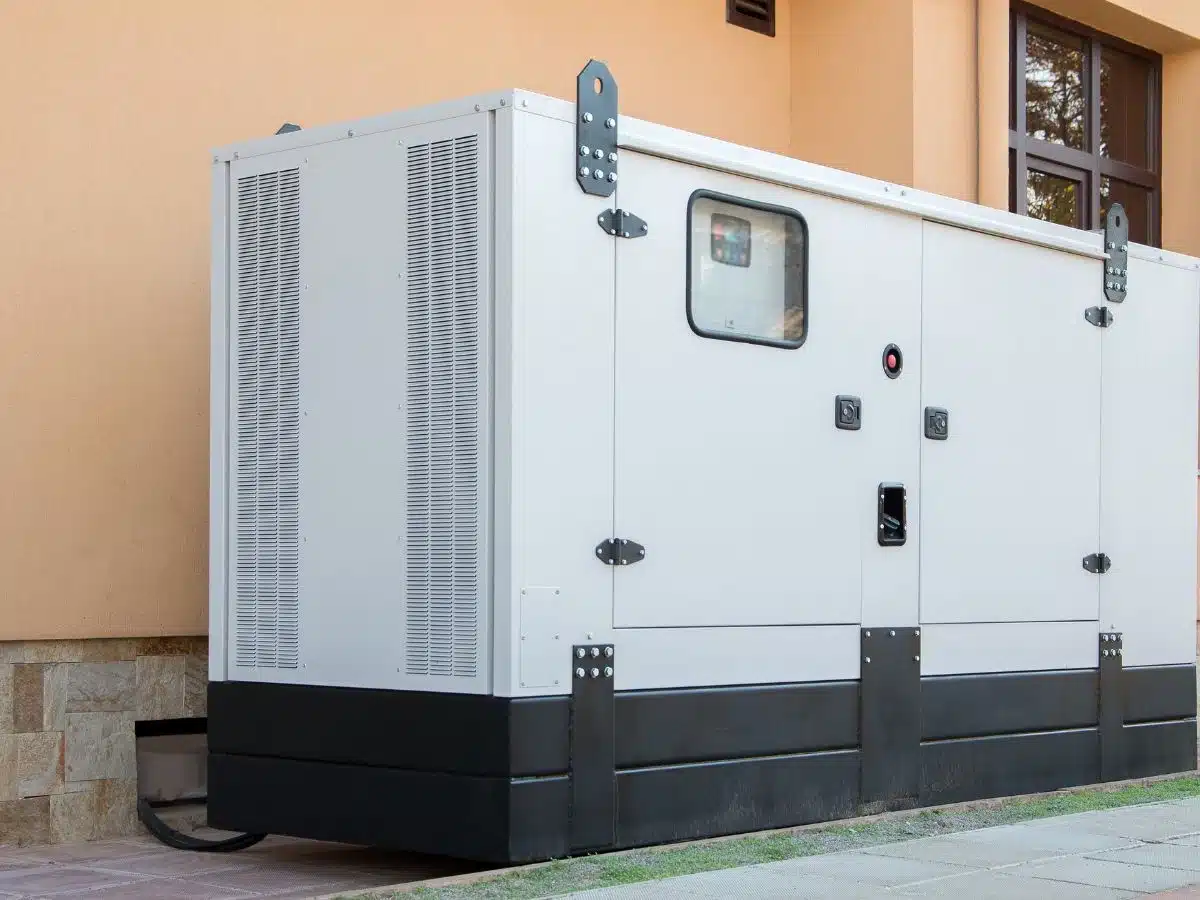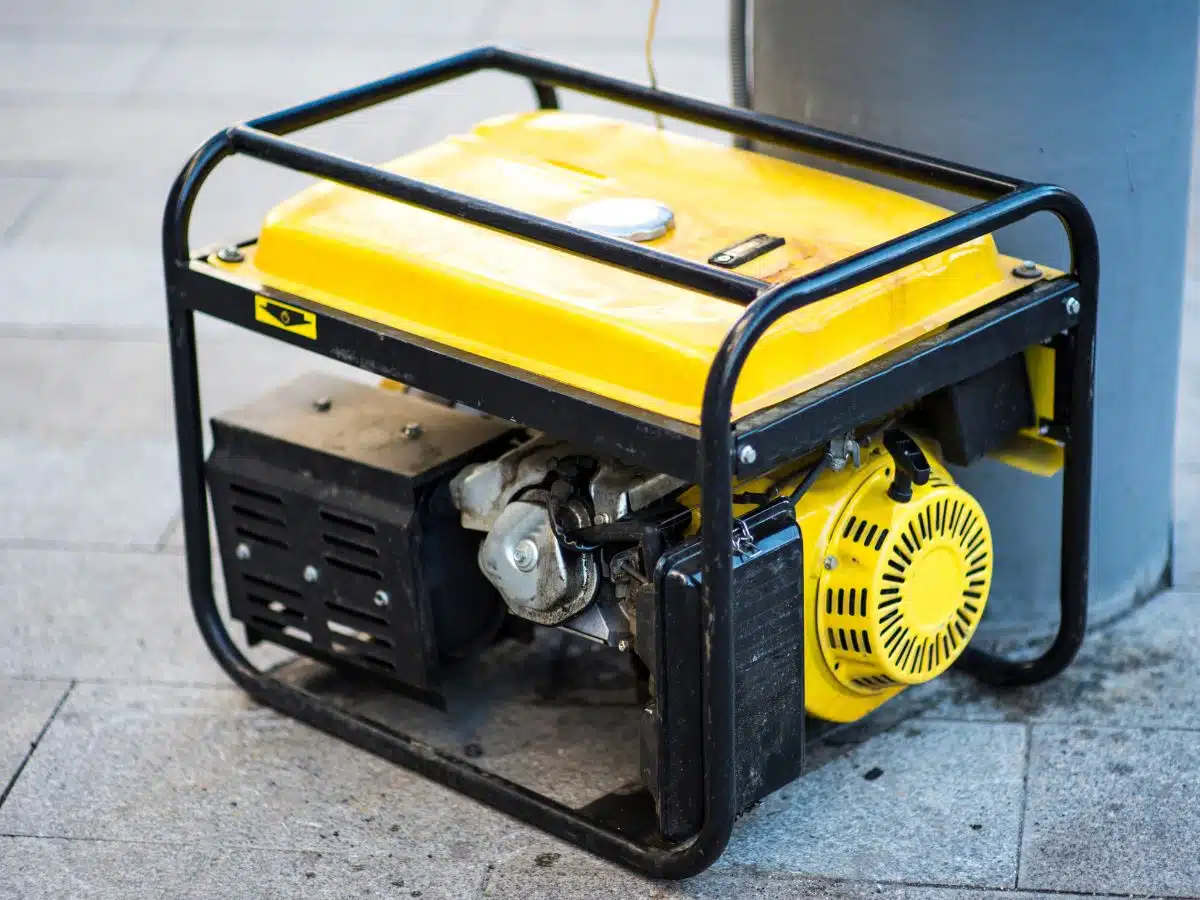What Generator Size Do I Need for My House?
Are you tired of being left out in the dark when there’s a power outage? If so, you might be asking yourself, “What generator size do I need to power my home?”
A generator can provide many benefits, especially during an emergency, and it’s only reasonable to start shopping for one if you can afford it.
To determine the size of the ideal generator, you need to:
- Know the starting wattage of the fixtures and appliances you wish to power during an outage
- Identify a power generator for your home that is sufficiently powerful to exceed the starting wattage
With that said, we’ll help you go through the process in more detail below.
How Are Generators Sized?
A generator for a house doesn’t have its size calculated according to its physical dimensions. Instead, it’s based on its overall electrical capability. The generator size is measured in kilowatts (kW) or watts (W), both of which are standard measurements when discussing electricity.
So why is “how big of a generator do I need” such an important question, you ask?
For starters, getting a generator that cannot produce sufficient power can overload it by forcing it to supply more energy than it is capable of generating. When this happens, even the best home generators can switch off or overheat, resulting in damage to the generator and even your appliances.
On the other hand, getting a generator that’s too big will result in you paying more for both the unit and its cost of operation.
How to Calculate the Size of Generator You Need
For you to know what size of generator you need to keep your home powered during an outage, follow these steps below:
- Step 1: Make a list of every appliance you wish to power.
- Step 2: Find out the starting and running wattage of all appliances you listed.
- Step 3: Add the total wattage together and then use this number to guide the size of the generator you need.
Do keep in mind that this type of do-it-yourself estimate of your wattage is just an estimate and isn’t something set in stone. It’s highly recommended that you get help from a professional electrician as they can accuracalltoy compute the exact wattage your home needs.
What Generator Size Do I Need to Keep Essential Appliances Powered?
Let’s say you have a generator that’s rated to produce 5,000 to 7,500 watts. This device should help keep most of the vital equipment in your home running. You can expect things such as your refrigerator, lighting circuits, and a water pump to continue operating with this type of generator.
But as stated earlier, you should get your home wattage checked first to have a precise calculation of how much power your home needs.
Another thing to consider before you buy the best home backup generator for your needs is whether you need it to power just the essentials or the entire house.
For those living in an area prone to disasters and power outages, you should consider getting a larger generator. Although it may cost higher initially, it could give you an ideal investment in the long run as well as peace of mind.
But for those who only expect to use their generators a few times in a year, then getting a smaller generator that could run the essential appliances for a few hours at most would be a more reasonable choice.
What About Using Portable Generators for Powering Home Electronics?
You can use portable generators to power electronics in your home, but we discourage you from doing so. The main reason for this is because a heavy-duty generator often suffers from what experts call Total Harmonic Distortion (THD).
The consensus here is that only 3% of THD is the maximum amount for the power of such generators to be considered safe for use by home electronics. Although standby and grid generators operate below this limit, we can’t say the same with regard to portable generators.
Choosing to use a portable generator to power flatscreen TVs, laptops, and other modern electronic devices could damage them in the long run.
Conclusion
People who live in localities that experience frequent power outages can benefit a lot from getting a standby generator for their homes. However, it can be difficult to decide what type of generator one should get to meet their needs.
This is especially important since getting a small generator will result in potential overheating, while a generator that’s too big can be a waste of money. If you want to know the answer to the question “What generator size do I need for my home?” then the simplest way is to get help from an expert.
Florida Power Solutions of Sarasota, FL, provides generators and services for those in need. Get in touch with us today by calling (941) 359-3064 to find out how we can help.




